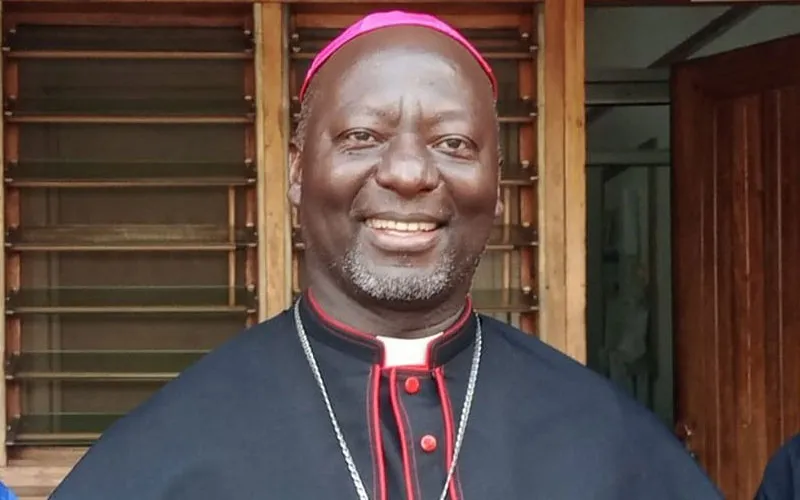Aliwal, 13 September, 2022 / 10:00 pm (ACI Africa).
The Bishop overseeing the Pastoral Care for Migrants and Refugees department of the Southern African Catholic Bishops’ Conference (SACBC) is calling on the people of God in Botswana, Eswatini, and South Africa to give special attention to values that foster inclusivity to achieve integration of migrants and refugees in host communities.
In his Monday, September 12 statement ahead of the 108th World Day for Migrants and Refugees (WDMR) 2022 to be marked on September 25, Bishop Joseph Mary Kizito says, “Inclusive virtues of hospitality, generosity, kindness, and of welcoming” are essential to realize an “integrated community”.
“The best way to grow a better integrated community is to give opportunities to migrants and refugees together with the host community to put into practice their rights and obligations as a society”, Bishop Kizito adds in his message ahead of the WDMR 2022 whose theme Pope Francis chose to be, “Building the future with migrants and refugees”.
The Local Ordinary of South Africa’s Aliwal Diocese says the theme for WDMR 2022 “highlights the commitment that we are all called to include the migrants and refugees in different programs in our communities to better build the future with God’s plan.”
“Building the future with migrants and refugees also means recognizing and giving value to the contribution of each of them who contributed to the building of our homes and cities,” the Ugandan-born Catholic Bishop who has been at the helm of Aliwal Diocese since his Episcopal Ordination in February 2020 says.








